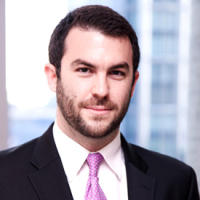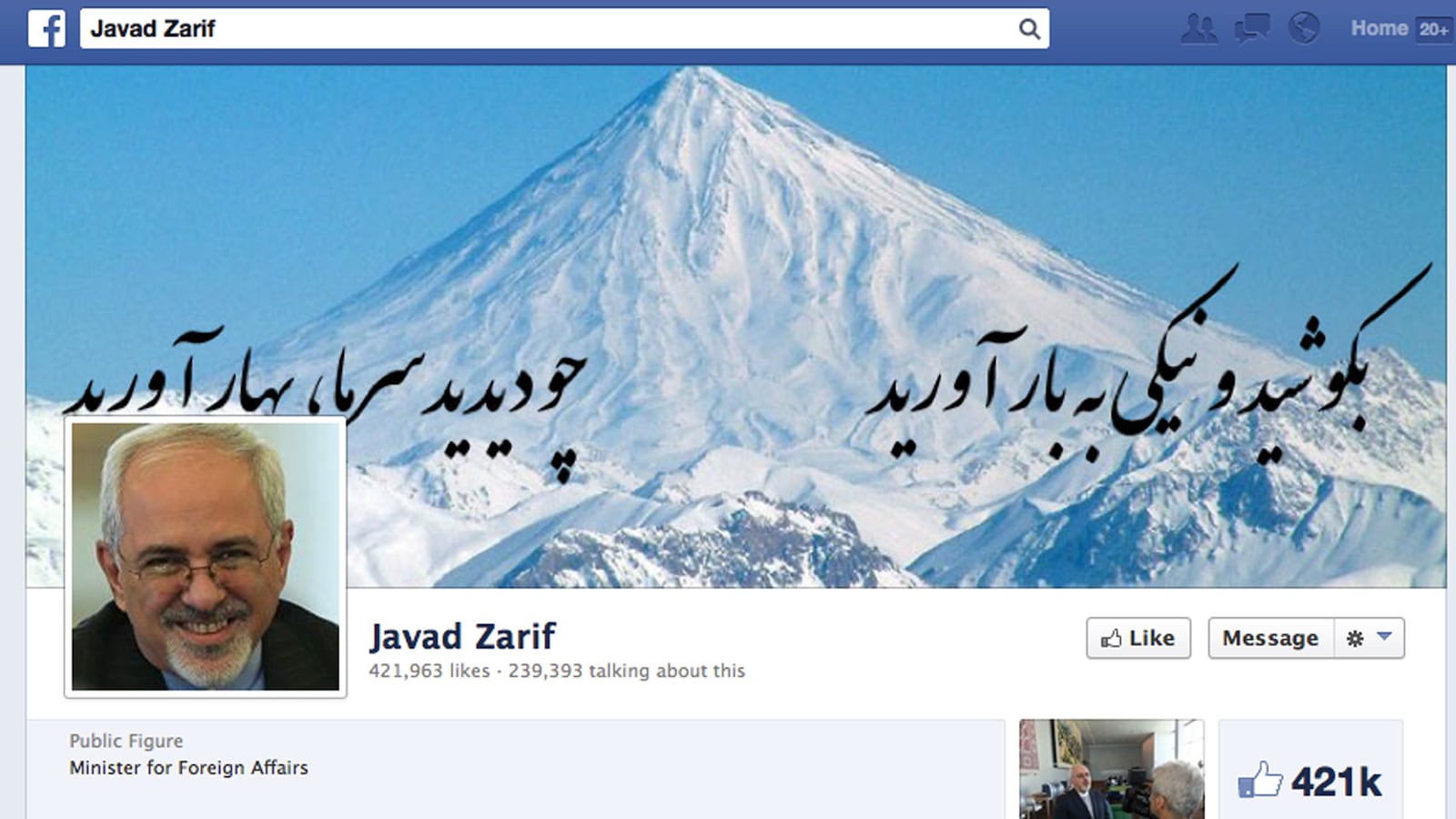Who knew the Iranian foreign minister was such a fan of Frank Sinatra? Shortly after the U.N. General Assembly last month, in the midst of his New York charm offensive, I asked Javad Zarif if he thought it was ironic that he enjoys posting on Facebook while his government bans the website in Iran. “Ha! Ha!” he laughed heartily. “That’s life.”

Well, life in Iran at least, where the regime Zarif represents routinely tortures dissidents, bloggers and journalists. I asked the foreign minister when Majid Tavakoli, one of Iran’s most prominent student leaders and political prisoners, will be free. He answered with a straight face: “I don’t know him.”
If you think Iran is duplicitous about its nuclear weapons program, just wait till you hear its deception on human rights. When I asked Iran’s ambassador to the United Nations, Mohammad Khazaee, why the Iranian regime bans Facebook and Twitter, he looked at an aide and asked incredulously, “Are the Facebook and Twitter banned in Iran?” I assured him they were. “Personally, I don’t do it, so I’m not involved,” he said.
I pressed on. “What is the Iranian government afraid of, that it bans these websites which are available in the rest of the world?” The ambassador shot back, “May I ask you a question? Why is the American government afraid to let me go to Washington to talk to congressmen and senators?” Khazaee was referring to a 25-mile radius travel ban on Iranian diplomats.
Khazaee, like the foreign minister, denied having heard of any of the prominent political prisoners I raised: Tavakoli, Shiva Ahari and Omid Reza Mir Sayafi, Iran’s first blogger to die in custody. The only prisoner he admitted to knowing about was human rights lawyer Nasrin Sotoudeh, who was recently released. “I’ve only heard the name Nasrin Sotoudeh because of the media,” he said.
A plea to Western media: keep highlighting Iranian political prisoners. Mention their names. Make them famous. It is, apparently, the only way senior Iranian officials hear about the human rights activists they jail.
Though I introduced myself to Khazaee as the head of a human rights organization and a contributor to The Daily Beast, he claimed he did not hear this and asked that I not publish his words. “I’m talking to you as a friend,” he said.
“Your government threatened the destruction of the state that I’m from [Israel], and therefore I don’t really consider us friends,” I replied.
Should journalistic deference be shown toward the representative of a theocratic regime which kills gays, jails journalists, and tortures bloggers? I don't think so. Everywhere Iranian diplomats go, they should be confronted with the names of imprisoned dissidents.
So, Mr. Ambassador, I’ve decided to publish our exchange. In the words of your foreign minister, “That’s life.”





